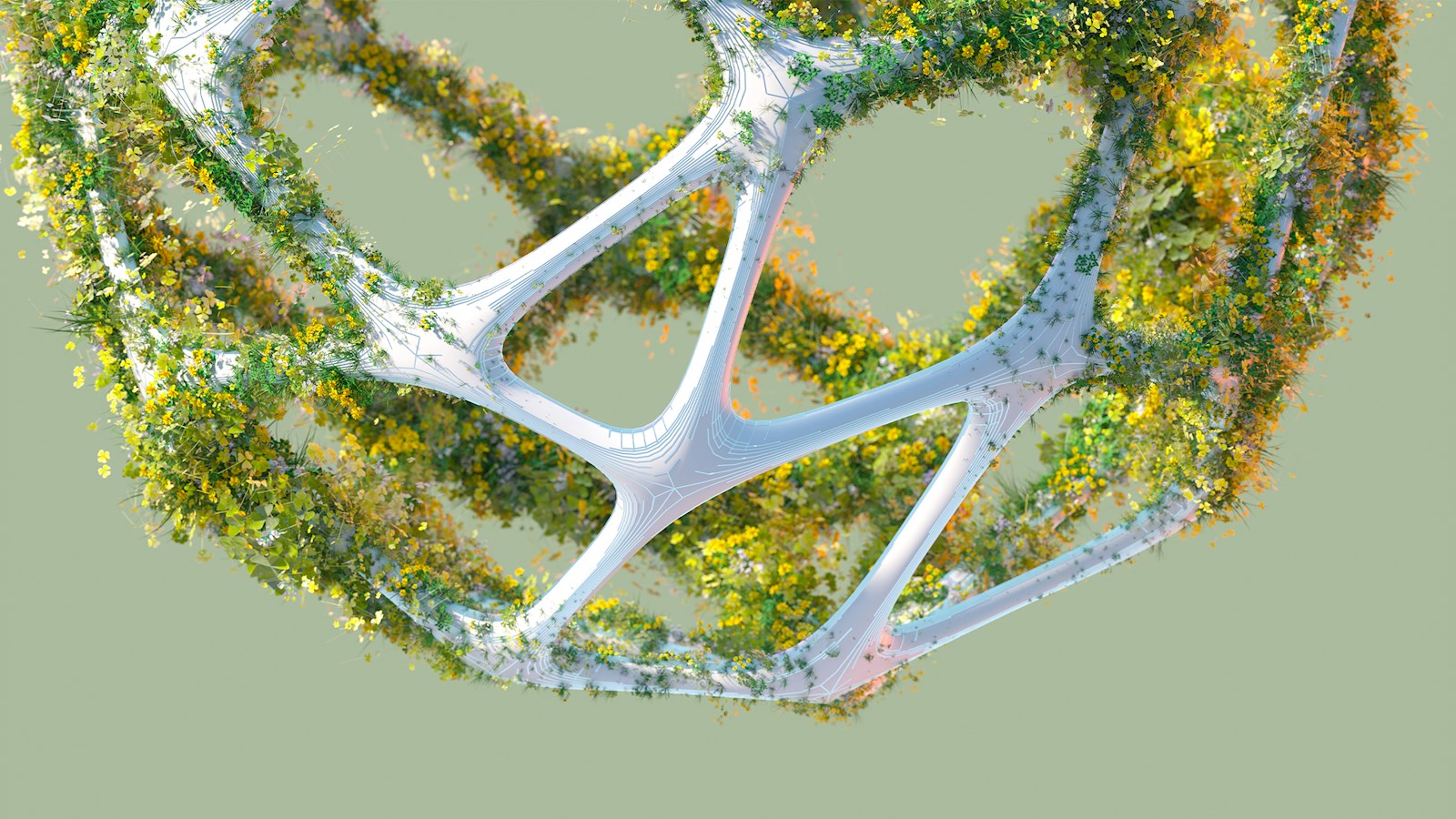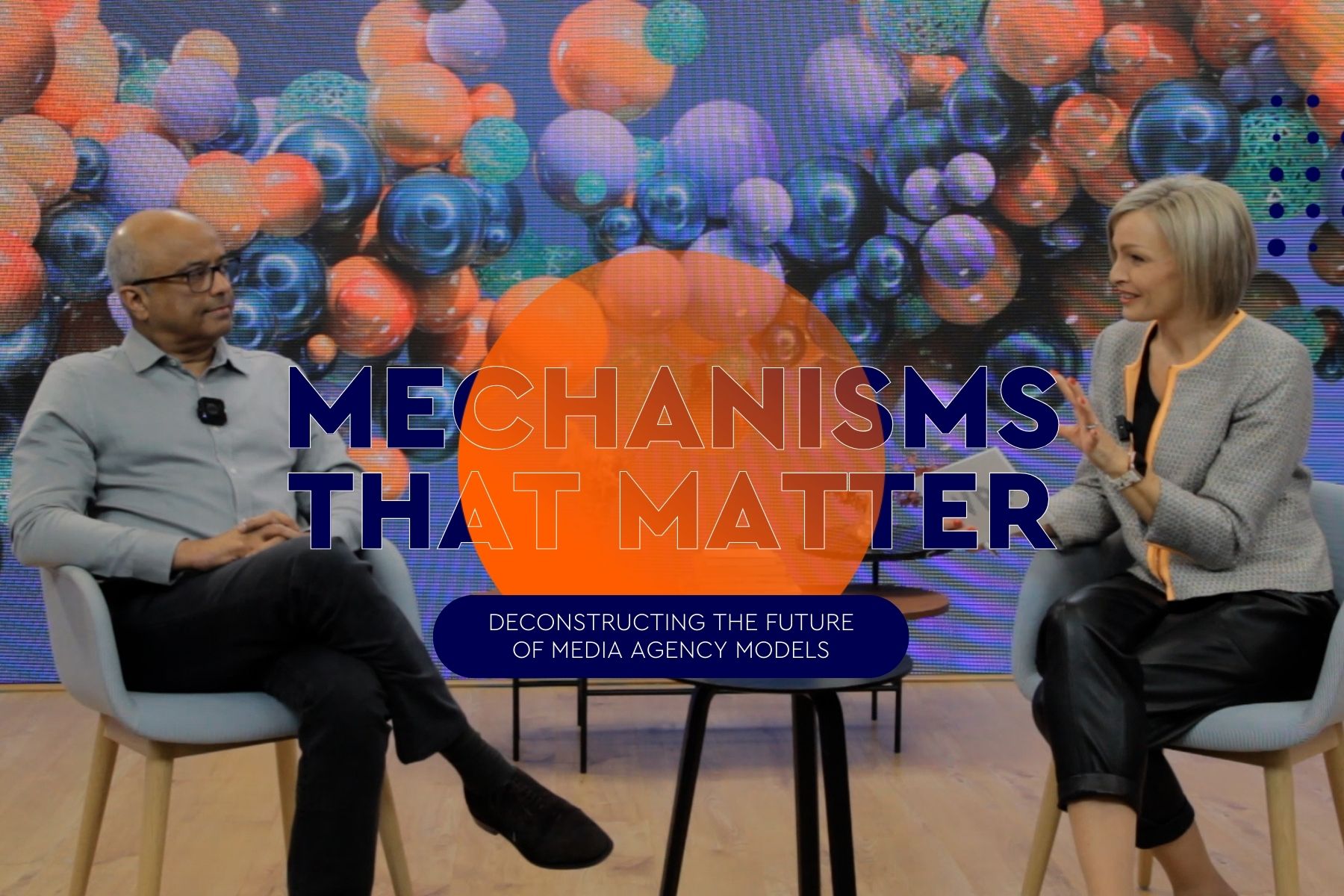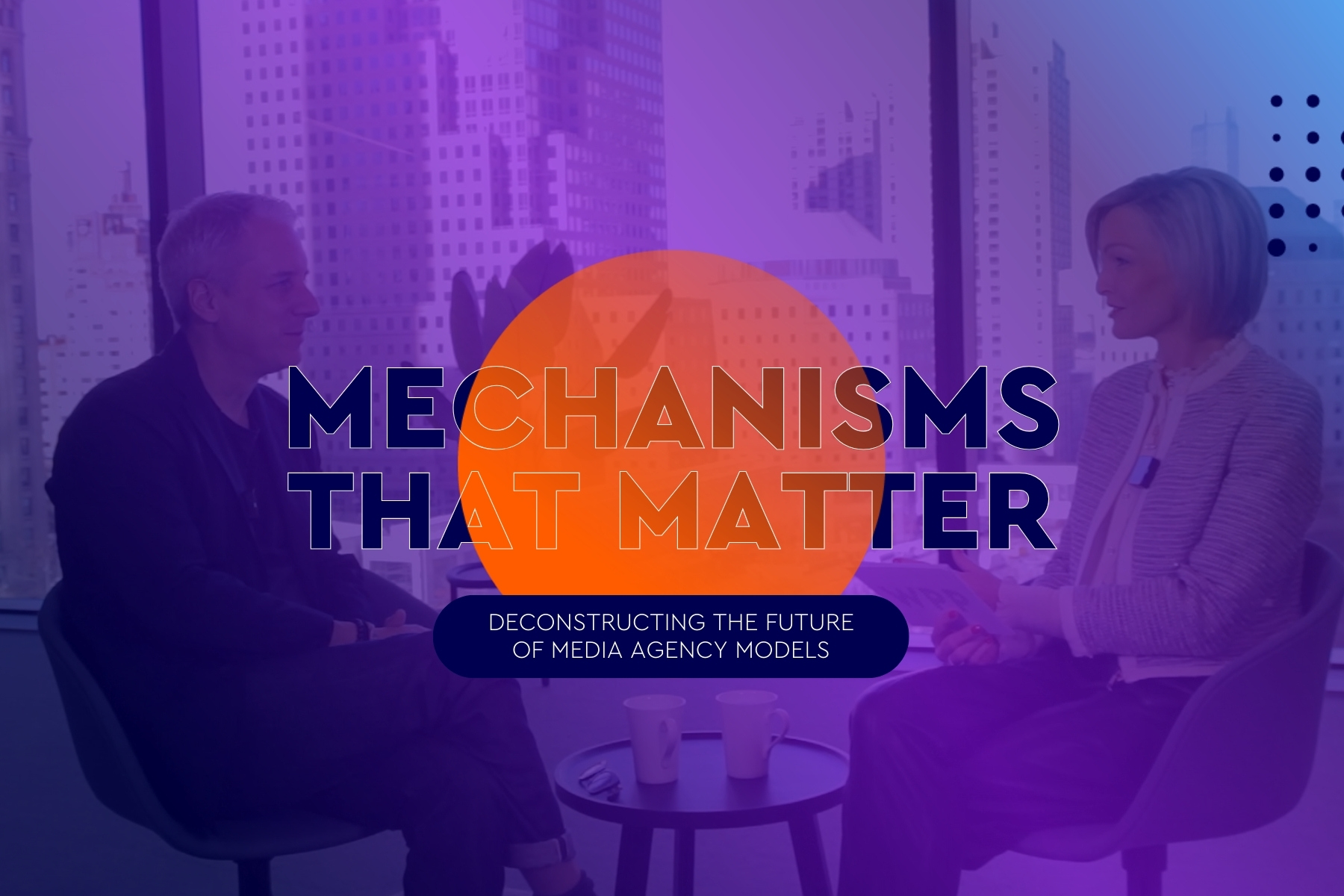
Innovation – protector of people and the planet
Thinking and acting sustainably can drive both commercial growth and deliver on business imperatives – while also tackling real world problems, says WPP’s Hannah Harrison
“For me, sustainability is about understanding and managing the impacts your business has, both positive and negative, on the environment and on the communities and people that you touch,” says Harrison.
“But we also have to act. To limit global warming to within 1.5˚ of pre-industrial levels, we need to halve global emissions by 2030, and we need to achieve net zero by 2050,” says Harrison. “Critically, the latest IPCC report says that we do still have time to achieve that.”
She points out that the IPCC Working Group III report ‘Climate Change 2022: Mitigation of Climate Change, April 2022’ estimates that, by 2050, 40-70% of emissions-reduction will come from consumer behaviour change. “I think our industry has a critical role to play in shifting opinion and changing behaviour at the scale needed to transition to a low carbon economy,” she says.
But let’s not pretend there are no paradoxes at play here, both for the consumer and for businesses. “Businesses and consumers alike are facing rising inflation, an energy crisis, surging commodity prices and geopolitical uncertainty. And at the same time, our clients have never been under more pressure to tackle the climate crisis, and to deliver against net zero commitments and address issues from food insecurity to rising inequality,” she says.
“That's leading to a growth paradox for business. How do you achieve growth while reducing the negative environmental and social impact on your business? And for consumers, because we're feeling all those pressures too, it's leading to a choice paradox whereby people are increasingly feeling a tension between cost and conscience as they try to make less money go further.”
And what about sustainability as the driver of growth? Can we really say that acting in a sustainable way can result in win-win outcomes? “It's important that businesses connect with consumers on issues that really matter to them,” says Harrison. “The cost-of-living crisis plays nicely into arguments in favour of the circular economy, for example, and consumers are thinking more and more about conscious consumption and how to eliminate food waste.”
People power – what can it achieve?
She is adamant that sustainability is increasingly part of everybody's job, whether it's in their job description, or not. “Sustainability is something that needs to be part of decision-making and the actions that everybody takes at work every day,” she says. “Think about how you manage your emails and how you use the software available to you, all the way through to how you respond to the briefs you receive from clients, through to execution and behaviour change,” she says.
“Clients are increasingly coming to us to help them find and scale solutions to sustainability challenges. And I really believe in the power of creativity to help shift opinion and change behaviour, at the scale needed, to transition to a more sustainable and equitable society.”
She is emphatic that creativity can bring about change in the way people feel, the way they think and, ultimately – we hope – in the way they behave. But for creative ideas to be effective, they also need to be credible.
“Any claims need to be authentic, science-based and, where possible, third-party verified, backed up by credible corporate actions in areas that are most material to a business or a brand. And action really does speak louder than words. It's important that brands bring their messaging to life through business behaviours and go further still and inspire action in others on the issues that really matter to consumers so that they are relevant, urgent and practical.”
Understanding levers and impact
There are many actions companies can take in relation to environmental and social issues, but sometimes the prospect of tackling these existential issues seems daunting. “I think it's important to take a step back and understand where your biggest impacts are and what are the levers that you can pull from where you sit in your organisation, and where your organisation sits within an industry. So, it's about understanding your personal strengths or your organisation's strengths, and where you can have the most impact,” she says.
“Business has a really important role to play in the transition to a low carbon economy. And in fact, business is – in many ways – at the forefront of setting standards and measuring carbon reduction. For example, in our industry, we were the first company to include media buying in our carbon reduction targets, which accounts for more than half of our total footprint.”
This is no mean feat. It is very hard to measure the carbon emissions from media buying. WPP has been working with third parties – and across our industry and with our clients – to, first, develop a methodology for accounting for the carbon associated with media buying, and then we have built a carbon calculator so that it can become part of decision-making for our clients, and part of the conversation that we have with media vendors. “These types of actions need to happen sector by sector if we are going to build a pathway to a net zero future,” she says.
“Whether you're talking about environmental or social issues, and whether you're engaging with people across your own business, with clients, or with consumers, it's really important to meet people where they're at and understand where you are on that sustainability journey,” she says.
“Importantly, do something small or do something big but – as an individual – do something. Get informed, get curious, watch a documentary, listen to a podcast and start exploring how you can have an impact from where you sit. And that could be about changing your own behaviour, or it may be through your role at work.”
published on
20 April 2023
Category
More in Communications

Mechanisms that Matter – How India is fuelling growth for global brands
CVL Srinivas tells Anna Hickey how WPP Open is fuelling a testbed for new working models, innovation, and automation.

Media in India: the future is now
Brands pursuing the Indian market must focus on personalised experiences and data-driven strategies

Mechanisms that Matter – Inside our partnership with Google
Richard Hartell, WPP’s Global Client Lead for Google and CEO at Media Futures Group, talks to Anna Hickey

